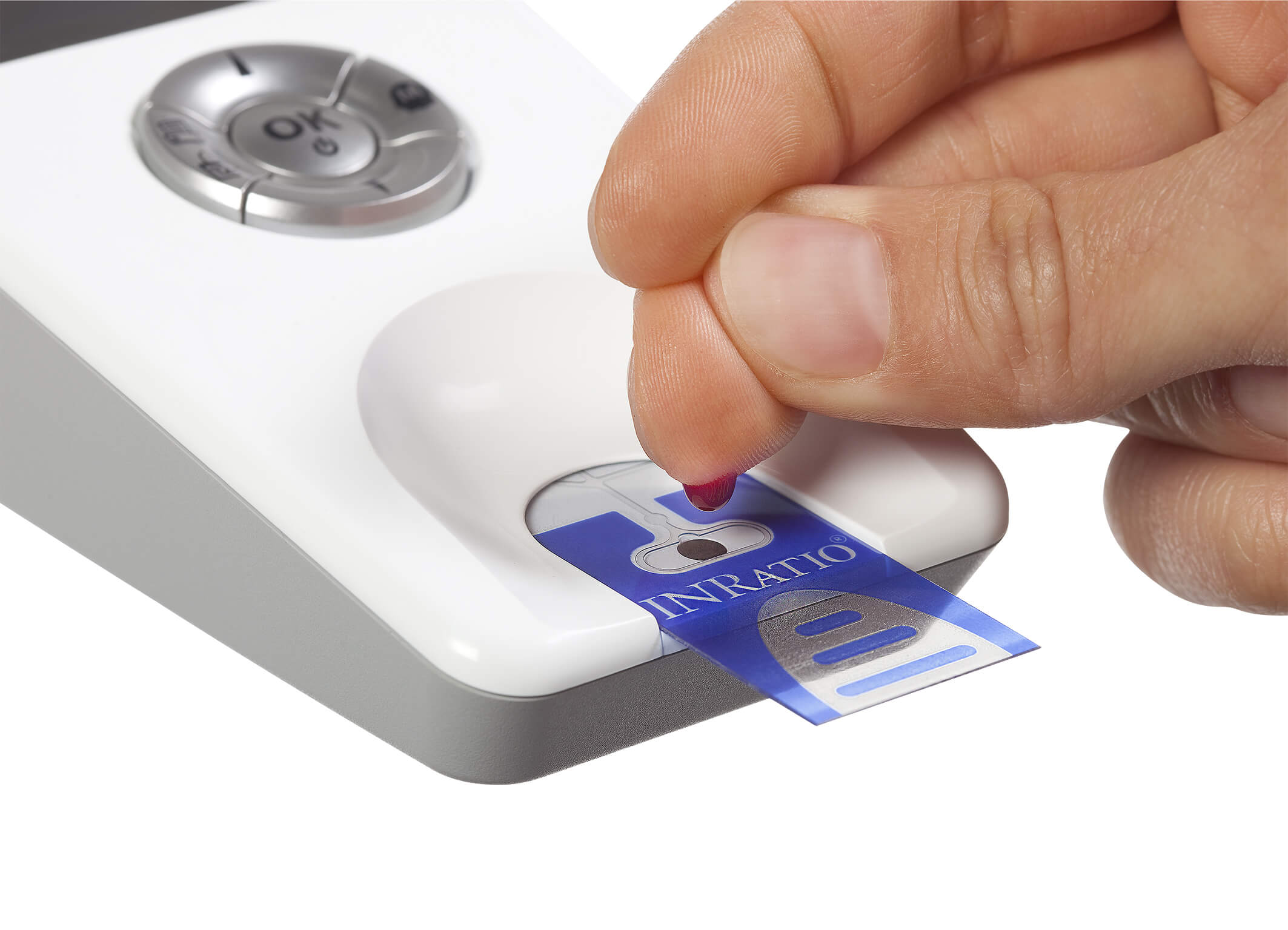When the INRatio blood-monitoring device was recalled in December 2014, it caused concern for thousands of patients across the country. The device, manufactured by Alere Inc., was subject to a Class I recall, which is the most serious type of recall issued by the U.S. Food and Drug Administration (FDA).
The INRatio was used to test a patient’s prothrombin time (PT), or the time it takes for the patient’s blood to clot. The PT level determines the dosage of medication a patient needs to take to stay within a safe range. Too little of the medication, and a patient could suffer from a blood clot, too much and a patient could suffer from uncontrollable bleeding.
The INRatio was recalled after it was determined the device was providing erroneous readings which could cause patients dangerous and life threatening complications. Plaintiffs in the defective medical device lawsuits claim they never received recall notices from Alere, and when they learned of the recall themselves, Alere refused to refund them the cost of the device.
Alere has struggled with the INRatio ever since the recall and problems really began to mount for the company when the FDA advised Alere to recall the second generation of its blood-monitoring device, the INRatio2, several weeks ago. While the company has been working on a software fix to correct the inaccurate readings, the FDA found the fix to be inadequate.
The initial recall of Alere’s blood-monitoring device had significant implications for plaintiffs in the Xarelto litigation. Xarelto is a new type of blood thinner that does not require the routine blood monitoring more traditional anticoagulants require. In the clinical trial that lead to Xarelto’s FDA approval, doctors used the INRatio to monitor patients’ PT levels. Plaintiffs now believe the faulty device compromised the trial data.

